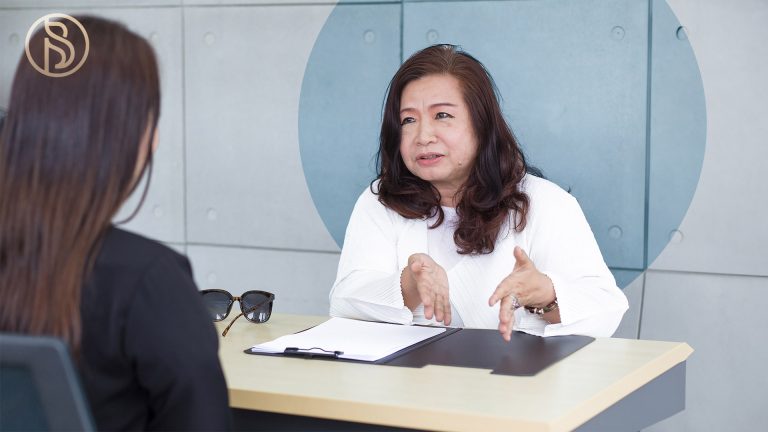The information in this blog article must not be taken to be or be constituted to be legal advice rendered by Bethel Chambers LLC. This is general information and for your specific case needs, please book a consultation with any of our lawyers through the ‘Book Your Consultation’ tab.
Custody and care and control are two different legal terms for matters involving children. Although both involve a child’s well-being, each carries distinct implications and responsibilities. The key to informed decision-making for parents and guardians lies in understanding the differences between these two things.
When it comes to care and control battles, there is a prevalent misconception that mothers always get care and control of their children. However, in reality, courts weigh numerous factors when determining who gets care and control. In this blog, we will discover the factors considered in such disputes and know what options are available for parents in the same situation.
Child Custody In Singapore Family Law
Child custody, care and control in Singapore family law focuses on evaluating parents’ legal and practical duties for their children following divorce or separation.
Custody refers to the authority to make significant choices for a kid’s well-being, such as health care, schooling, and religion. Care and Control, on the other hand, corresponds to the place of residence of the child.
When determining care and control rulings in Singapore, courts prioritize the child’s best interest and welfare. The judge frequently pursues decisions that assure the child’s well-being and uninterrupted connections to both parents.
Factors In Child Custody Decisions
The court considers what it deems to be in the child’s best interests. It employs “welfare principles” to determine custody and the type of order granted. In this decision-making process, the court considers various factors beyond mere financial or physical relations, such as:
-
The child’s relationship with each parent. Examining the emotional connection and interaction between the child and each parent.
-
The child’s current living situation. Assessing the environment and conditions in which the child resides.
-
The child’s moral, physical, and religious welfare. Evaluating the child’s overall well-being, encompassing ethical, physical, and spiritual aspects.
-
The primary caregiver during the child’s early years. Identifying the parent primarily responsible for the child’s care during their formative years.
-
The child’s expressed wishes (if age-appropriate). Considering the child’s preferences, if they are of an appropriate age to express their choices.
-
The parents’ preferences. Taking into account the expressed discretions and demands of the parents regarding care and control arrangements.
-
Financial stability: Assessing each parent’s financial capability and stability to provide for the child’s needs.
-
Additional family support. Assessing the presence of extended family or support systems that may contribute to the child’s well-being and care.
In some cases, the court may seek a Custody Evaluation Report from counselors and social services, assessing the child’s circumstances and parental interactions. This confidential report aids the judge in their ruling.
Although Section 130 of the Women’s Charter grants the court the authority to use these reports, it doesn’t bind the court to follow the advice.
The court’s primary focus is on the child’s best interests. This emphasis holds irrespective of the parent’s desires, educational backgrounds, wealth, or Singapore citizenship, as highlighted by Section 130.
Child Care And Control
Care and control entail making choices regarding the child’s daily routines and engagements. It covers the everyday duties and responsibilities of raising children, such as daily care routines.
Typically, the care and control responsibility falls upon only one parent. The parent holding care and control is with whom the child will reside, while the other parent is accorded visitation/access rights.
Such an arrangement ensures that the parent with care and control actively oversees the child’s day-to-day affairs, fostering stability, while the non-custodial parent maintains meaningful access.
Do Mothers Get The Care-And-Control Order?
Frequently, care and control of the child are granted to the mother, often the primary caregiver. However, the Family Justice Court may award it to the father under certain conditions:
-
The child is of sufficient age to express a preference to live with the father.
-
The mother consents to transferring care and control to the father.
-
A court-appointed counselor recommends awarding care and control to the father.
-
There is a history of neglect or abuse by the mother.
Parents sometimes seek shared control to ensure an equal division of time spent with the child. However, a court will only approve such an arrangement if it deems it feasible and in the child’s best interests.
Additionally, the father must establish being the primary caregiver before the divorce. Shared care and control orders are less likely if the child is still in school.
Moreover, if the divorce was contentious or the parents had significantly different parenting styles. Despite these considerations, it remains possible for a father to receive care and control of their children.
Conclusion
Parents and guardians need to recognize the differences between custody and care and control in family law, as the belief that mothers automatically receive custody of children is not necessarily accurate. The court will remain committed to prioritizing the child’s well-being, irrespective of parental preferences, educational backgrounds, wealth, or citizenship status.
The primary caregiver, often the mother, is typically awarded care and control, centering on day-to-day responsibilities. However, fathers also have the opportunity to obtain care and control of their children. It’s always best to seek advice from an experienced family lawyer to get personalized legal guidance that suits your unique situation. Our Bethel Chambers legal team can offer insights into legal options for securing care and custody arrangements.




